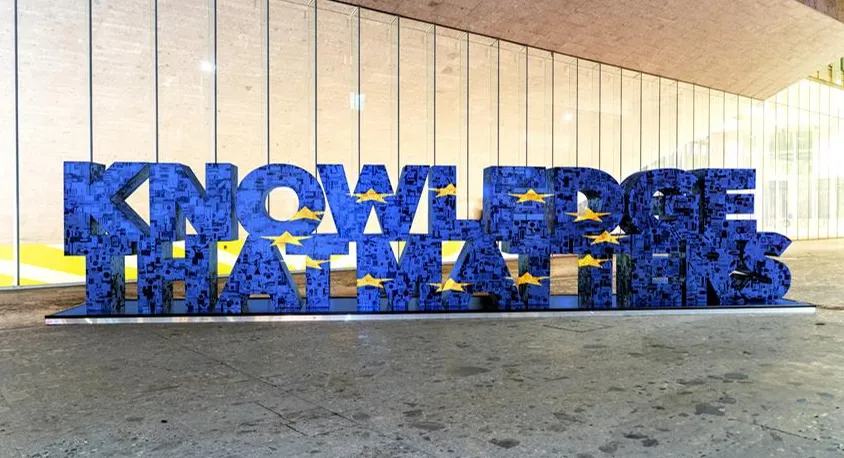
Why Vote for Europe
"Which Europe do you want? Say it with your vote in June." Daniel Gros is the Director of the Institute for European Policymaking, the Bocconi think tank founded by Mario Monti that aims to create a bridge between academic research and European public policies. On 13 May he will bring his plea to one of the ‘I live in Milan and I vote for Europe' events, which will be held at Spazio Baroni 85. In that district, district 5, abstention reached a record level of 88% during the last European elections in 2019.
"Voting for the world’s only supranational parliament is a privilege; we cannot let it go to waste," says Sylvie Goulard, who previously worked as a Member of the European Parliament, then at the Bank of France and finally as Vice President of the IEP@BU. She has always worked hard to open discussions on Europe even to people miles away from the institutions’ buildings, especially those less interested.
On 7 May, in district 6, Sylvie Goulard will explain why it is so important to vote for the European Parliament: "Europe is everyone's Europe".
Voting is the simplest and most concrete form of democratic participation, but if even in a city as closely linked to Europe as Milan, abstention is well over 50% in certain areas. Perhaps a major reason is because few people have the basics to understand what and why they should vote.
This is why the initiative, ‘I live in Milan and I vote for Europe', was created, part of the institutional campaign Use Your Vote, promoted by the European Parliament and involving the Municipality of Milan and Bocconi University with the support of Public Affairs and partnership of CNC Media. "In view of the upcoming European elections on 8 and 9 June, our priority is to promote citizens' participation in European democratic life," explains Maurizio Molinari, Head of the European Parliament Office in Milan.
The IEP@BU, scientific partner of the initiative, will curate the content of the talks in the districts with the highest abstention rates in Milan. Rather than academic seminars, they serve as town halls – eight in total, planned especially for younger voters and constituents, perhaps voting in European elections for the first time.
The aim of the talks is to allow everyone – even those who do not usually follow European politics – to learn about the major issues at the heart of the election campaign, so that they can then make an informed decision about whether and for whom to vote.
Kick off will be on May 2 with Carlo Altomonte, from the IEP@BU Steering Committee, who will talk about the four freedoms of Europe (district 7), while on May 8 Maria Antonia Panascì will explain what our lives would be like without Europe (district 4) and on May 10 Graziella Romeo will talk about the European Parliament and how to vote to elect its members (district 9). On May 14 Eleanor Spaventa, also an IEP@BU Steering Committee member, will explain how the European Parliament works (district 8), while on May 20 Andrea Colli will discuss the geopolitical relevance of the EU (district 2) and on May 21 Pietro Galeone, research fellow at IEP@BU, will talk about youth and participation (district 3).
Europe Day is celebrated on 9 May, and on that day IEP@BU will partake in a flash mob "speed date" at Castello Sforzesco. Everyone will have the opportunity to ask Bocconi experts and professors about the powers of the European Union and about the most discussed policies (from the environment to defense), receiving rapid and direct responses. Among the professors involved are: Massimo Amato, Edoardo Croci, Irene Agnolucci, Maria Antonia Panascì, Gabriella Perotto, Rosalba Famà and Marco Gerbaudo.
IEP@BU and the European Parliament have also drawn up a digital map of Milan that highlights the main institutions and information centers, along with historical and cultural fun facts that link the city to Europe. The map will be accessible via either QR code or the ad hoc website of the European Parliament, found on the packets that will be distributed to the events’ participants.
translated by Rosa Palmieri